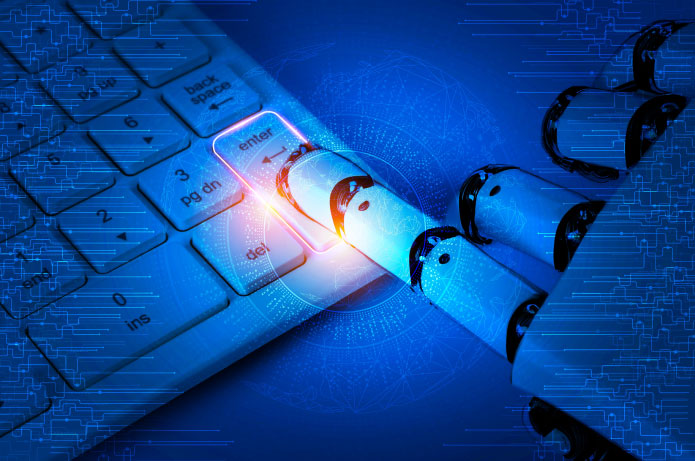Amid the significant growth of artificial intelligence (AI) in the corporate environment, anxiety among professionals about the future of work is also increasing. Many people live with uncertainties about whether their jobs will be maintained or if, in the coming days, they will be replaced by machines. According to a study by Page Interim, three out of four Brazilians believe that AI will replace their jobs. The data indeed reveals a concern, but it also opens space for a deeper debate: what can humans offer that artificial intelligence will never be able to replicate?
For process and people consultant Bruna Antonucci, beyond the efficiency of algorithms, there is something especially human that machines cannot absorb: feeling. Emotions such as empathy, remorse, longing, and intuition are experiences that lead individuals to make decisions based on values, emotions, and life stories. It is in this aspect that humanity remains irreplaceable.
“Instead of seeing AI as a threat, we need to view it as an operational partner. Companies that know how to explore human potential alongside technology will come out ahead. The role of artificial intelligence is to automate what is mechanical, freeing up space for professionals to think and dedicate themselves to what is most valuable and irreplaceable: human connection,” she states.
In practice, this means putting technology at the service of people, not the other way around. While AI becomes an ally in analyzing thousands of data points in seconds, it does not understand the emotional context behind a decision, nor can it grasp the regional and cultural challenges and nuances present there. Humans feel, and it is in feeling that creativity, empathetic leadership, and proper judgment are born—only a human can look at another with humanity.
“Machines have no affective memory, nor regrets. They do not cry, do not dream, do not feel longing. And it is these experiences that define our view of the world. The key to the future of work is not in competing with AI, but in cultivating what radically differentiates us from synthetic intelligence. In an increasingly automated world, what matters most is precisely what the machine cannot deliver. Instead of preparing to be replaced, perhaps it’s time to prepare to be even more human,” Bruna emphasizes.
Companies that want to stand out in the scenario of technological advancement will need to value even more the emotional side, interpersonal relationships, and a culture of care. Encouraging listening, empathy in leadership, and everyone’s development. This becomes not just a well-being strategy but a real competitive advantage.


